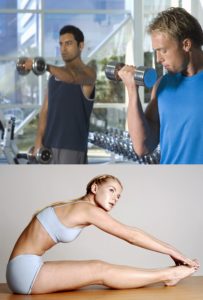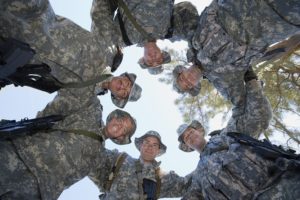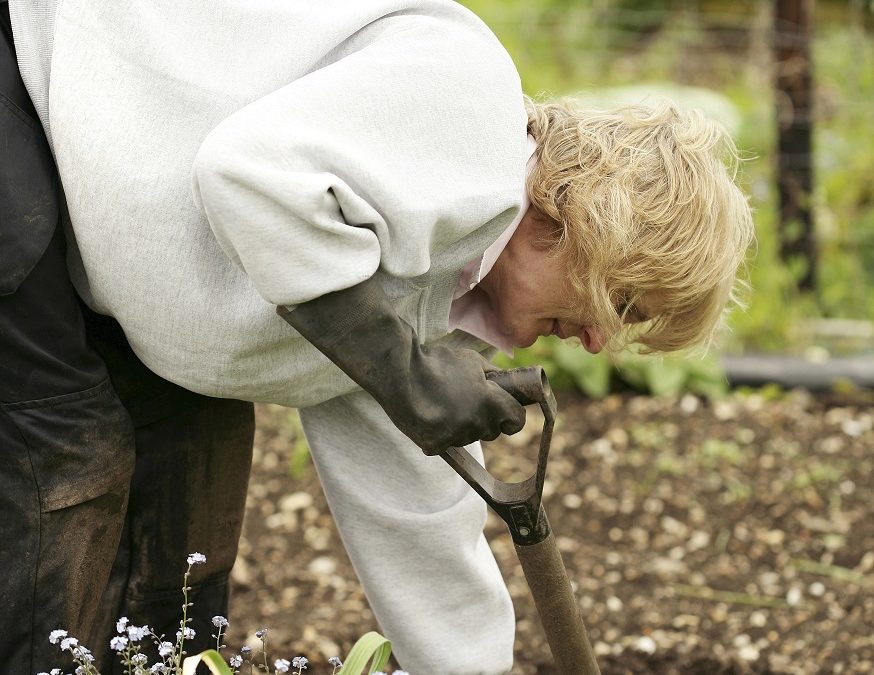The Biggest Difference Between People
If someone were to ask you to divide the human race into two huge groups, how would you do it? By sex or gender? By ethnicity? By language? These things are all part of our identity, but they aren’t usually that important in terms of group solidarity. Each member doesn’t necessarily feel much cohesion with or similarity to other group members. Even members of the same religion can have extremely different beliefs, values, and worldviews. Carl Jung found that the greatest meaningful difference between people is whether they favor Sensation or Intuition.
Sensation vs. Intuition
Sensors are those who take the world in through their senses. All new information is gathered by sensation, retained with a bent toward the practical, and examined for potential worth in the real world. Most people in the world are Sensors, perhaps as many as 85% of the population. And it’s a good thing, too, because they’re the ones building and baking, fixing and making, and doing all manner of things necessary for survival and civilization. And the other 15%? They’re the dreamers and poets, the scholars by nature and storytellers by inclination. Introspective types, or Intuitives, view the world through their imagination. They see possibilities and potentialities more than the so-called realities, and want to help change things for the better.
Instinctiveness
While the human race as a whole has moved away from instinct toward rational thought and social evaluations in determining behavior, Sensors still have a boot in the door. This crack gives them access to skills that Intuitives have largely left behind.

The body knows what it needs; we just need to listen. Their connection to the body’s innate wisdom helps them enhance their life personally and aid their survival within their community. The three areas of Instinctiveness are described below.
Physicality
Sensors tend to have a stronger connection to their body than Intuitives. They enjoy physically demanding work, deriving satisfaction from it. They are driven to use their bodies, and those who are not already drained from their day job are eager to hit the gym, go dancing, or do something else physically intense. They have a high degree of what Howard Gardner calls bodily-kinesthetic intelligence, which involves skillful use of the human body.

Oneness
Instead of looking toward the future, Sensors tend to be focused on the present. They are good at being in the here-and-now, and making every moment count. They feel a sense of unity between themselves, others, and the universe. This allows them to experience the simple joy of being, of living, and brings great peace. They can also bring peace to others, forming bonds quickly as they look for similarities.
 Integration
Integration
Young Sensors learn social norms more thoroughly and more rapidly than Intuitives. They may not follow them, seeking instead some way around them, or at least finding a way to escape punishment for violating them, but they are aware of them. They can be seen as little adults as they try early on to master the skills and behavior of mature adults. They can find a way to fit in with any group, learning quickly how things are done and adhering to the group order. They have less trouble than others fitting into society and getting into lucrative careers.
Your Skills
Do any of the above areas seem like things you are good at? What about your friends? Your family members? Share this with them, and get them to take the Trait Spectrum to find out if they are a Sensor or an Intuitive.

